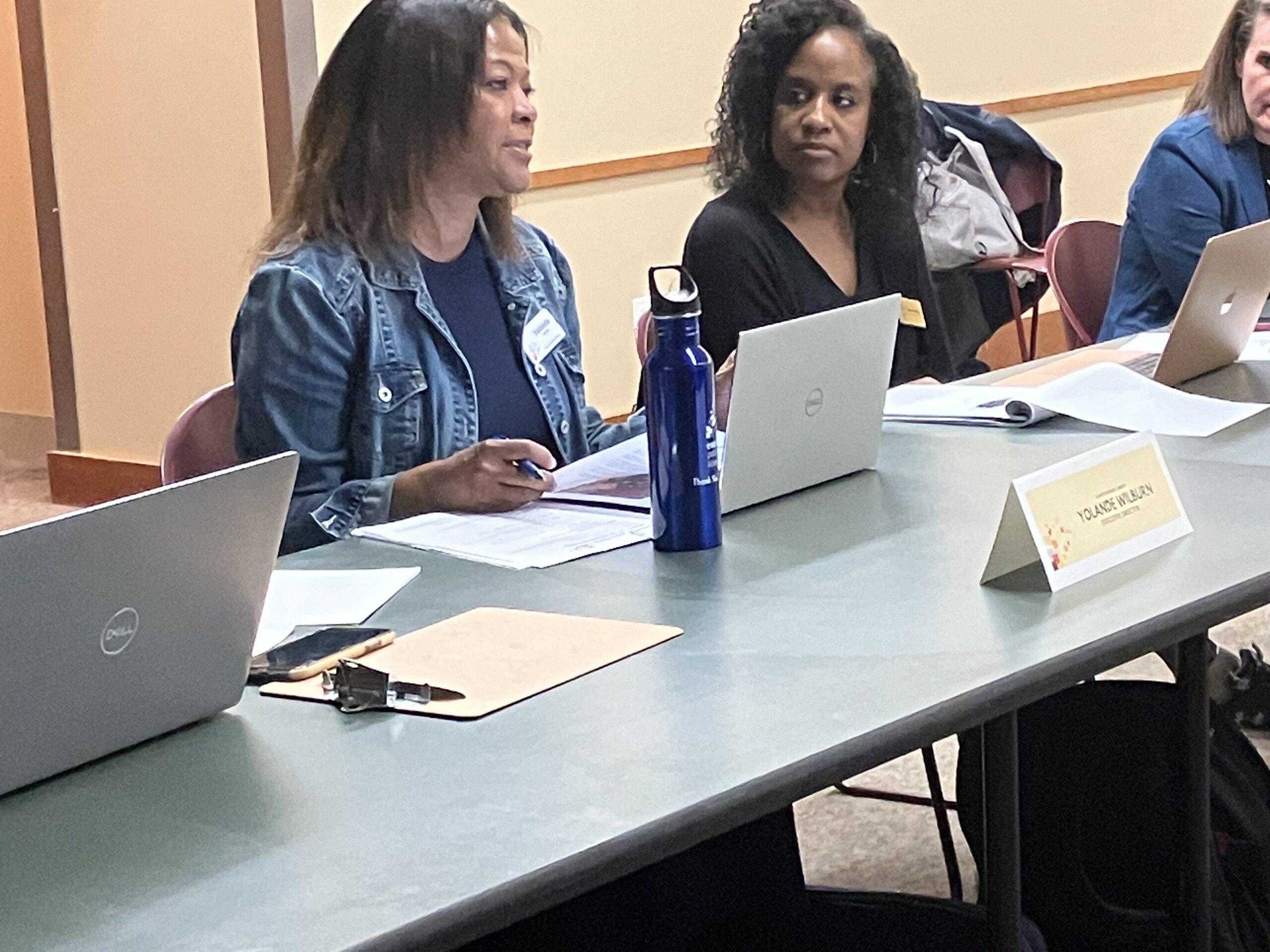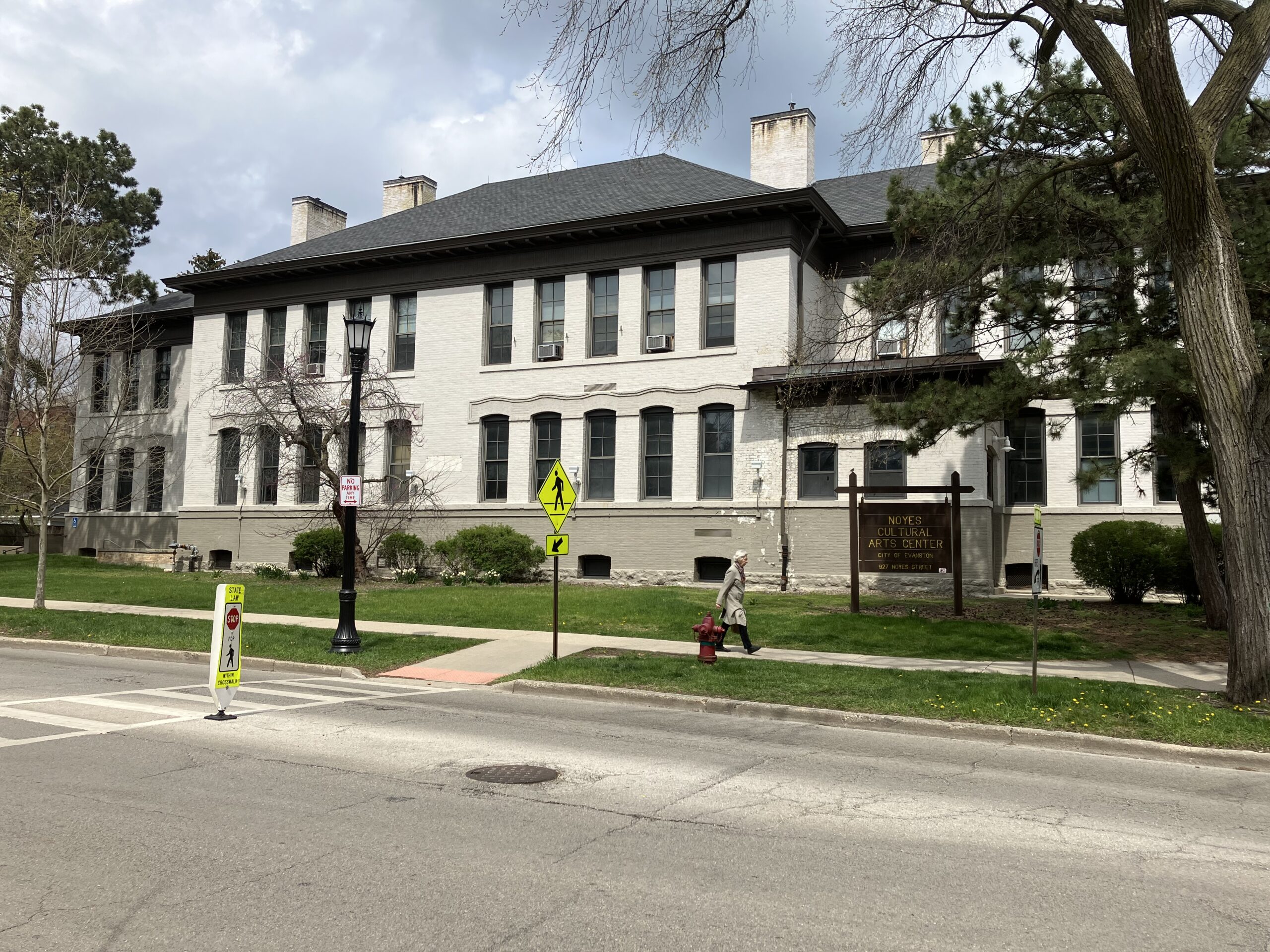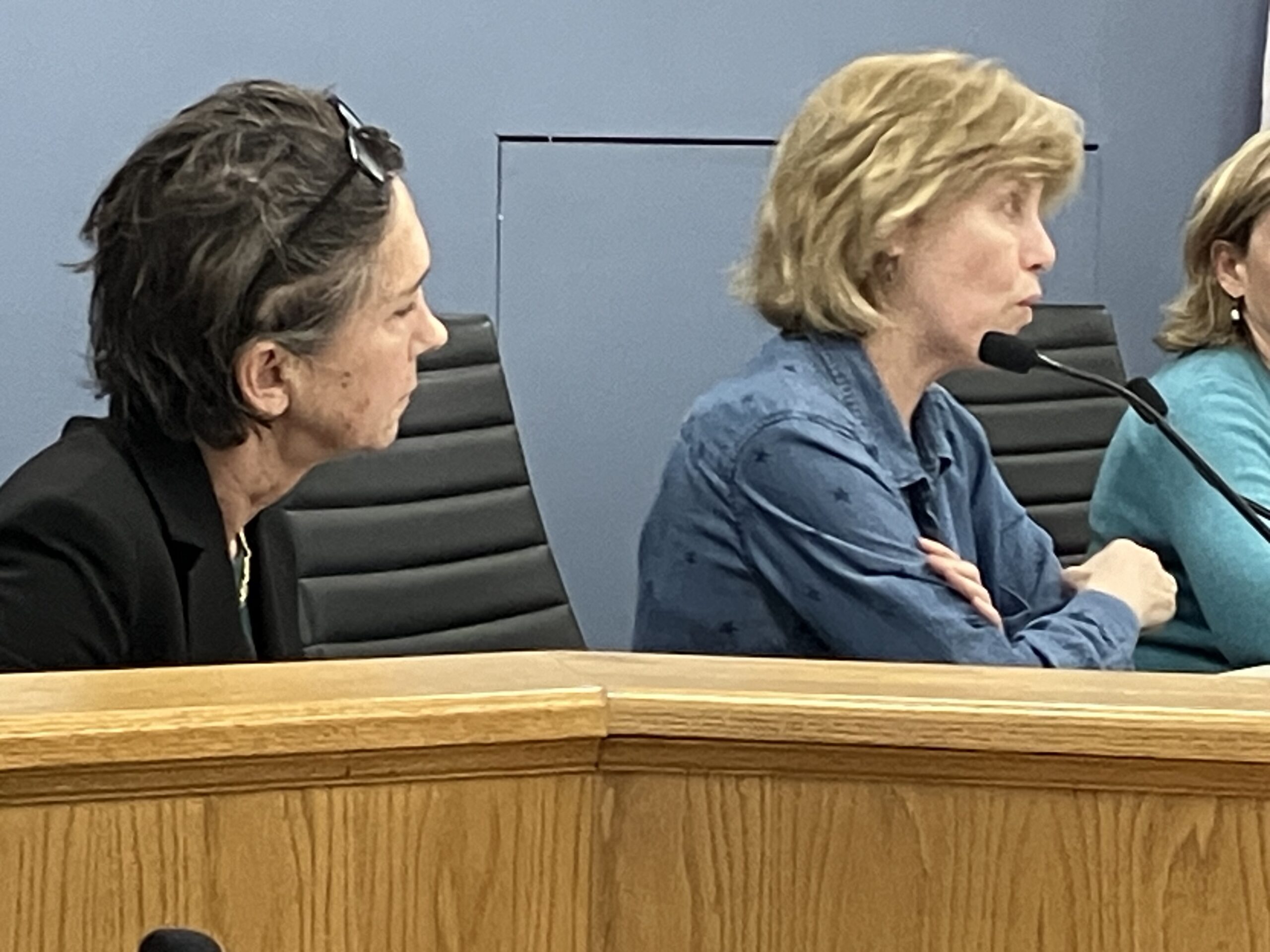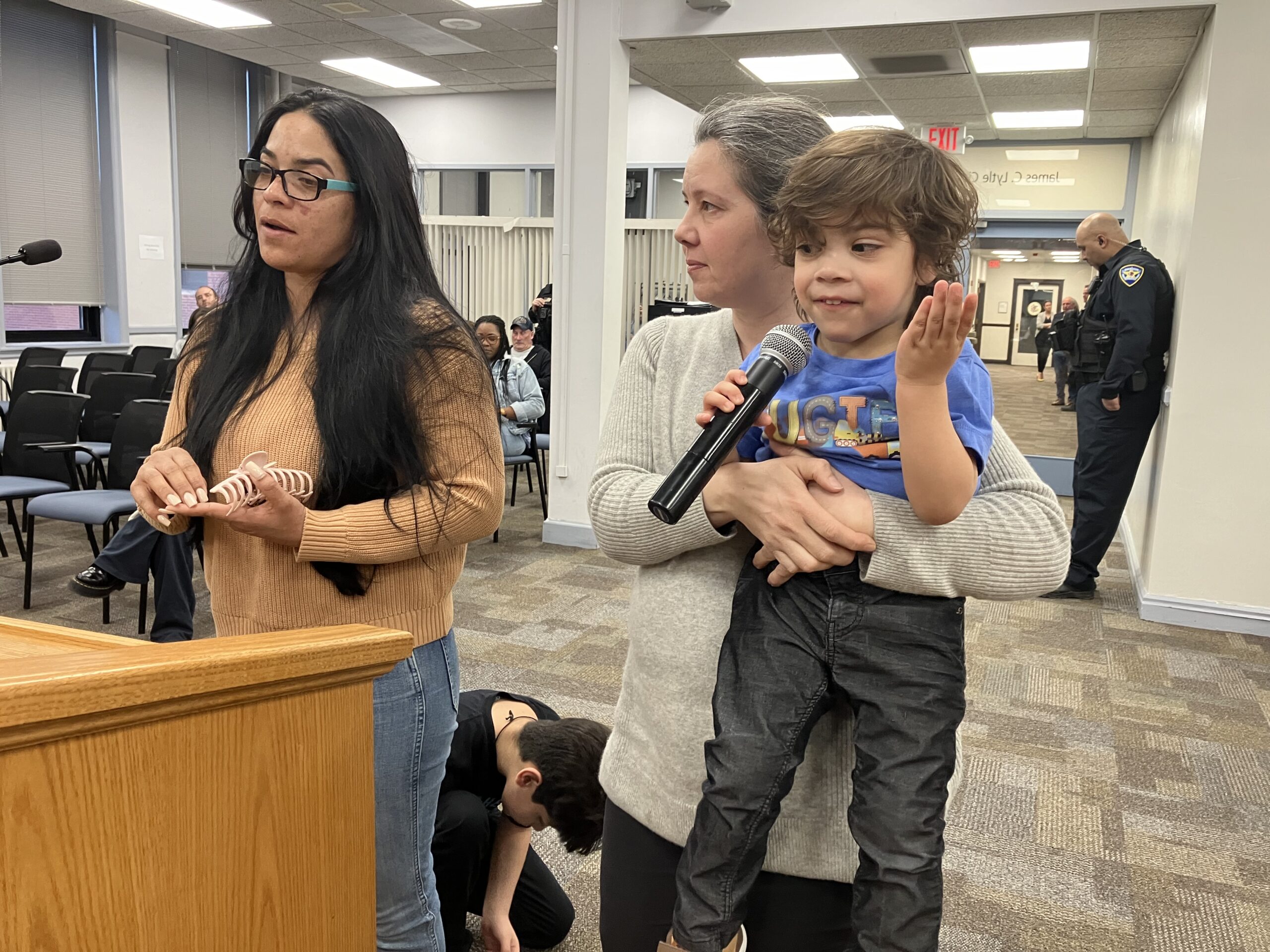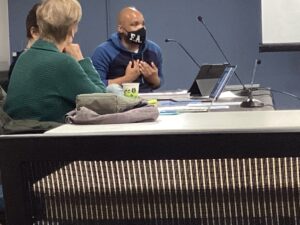
By Bob Seidenberg
Members of a City Council subcommittee have hit an impasse on whether to recommend the city adopt a program requiring licensing for all rental properties and have sent the issue back to a Council committee for review.
At their April 14 meeting, members of the Planning & Development (P&D) Housing sub-committee voiced differences over whether to recommend adoption of the licensing program or go with other measures for now, such as more proactive enforcement, to address housing concerns.
The city currently has a rental registration program that requires property owners to register their buildings with the city and pay a fee based on the number of units.
A rental licensing program, similar to those adopted other places, would be a major step up, however, requiring initial inspections of properties and carrying the possibility of suspending or revoking a license if a property owner failed to address certain building or tenant issues.
Rental housing complaints ‘more than both wards combined’: Burns
At the April 14 subcommittee meeting, Council members Bobby Burns, 5th Ward, and Devon Reid, 8th Ward, argued most strongly in support of the need for some licensing program.
Burns told the other Council members on the subcommittee, Clare Kelly, 1st Ward, and Eleanor Revelle, 7th Ward, “What I’m experiencing, again, as the representative of a ward that likely deals with this [the number of complaints] more than both your wards combined, is that landlords are virtually ignoring all of our requests for staff to cooperate and guide themselves through the mediation process to address complaints.
“That’s what I’m experiencing on a weekly basis … landlords virtually ignoring the standards and the processes that we currently have in place, and they are not participating at the level they should.”
With licensing, Reid said “We’ll be able to say, ‘Holy Moley, this person has 40 violations, 30 violations — that some of these are major violations so you can no longer rent property to other human beings in the city and you will lose the ability to make income from the ability to rent out unsafe housing to human beings.’”
Kelly, chairing the meeting, argued, however, that the current system for dealing with property complaints is not effective because of the system in place and might improve dramatically if certain steps were tried.
“If, for example, we started with proactive inspections — if we increased our fines and categorized them, minor versus major infractions,” she suggested. She said the city could build in incentives, subjecting properties to greater or lesser inspections depending on their record
“We haven’t done any of this,” she told the subcommittee members. “If we had a good database that can track it [violations]; if we also did develop a system so that we know about portfolio LLCs [limited liability companies] so that if someone has a finding of numerous violations on one of their properties, they will be fined on all their properties.
“There are so many measures that we can take right now that will have drastic impact and that are have proven to have a positive impact.”
Tina Paden, a longtime property owner and outspoken voice in the Black community, told officials, “I don’t feel like we should be moving on to licensing when we don’t have the inspection process, fair and equitable.
“What the licensing is going to do is the same people you have on the map [a cluster map presented at the meeting, showing where city inspections of properties took place in 2021], you’re going to target if you don’t like us — like we have a long history with the city of Evanston and have been sued in court seven times by the city,” she said.
Further, she asked what would be the standard for one to have their license revoked.
“Is it 20 violations, and what kind of violations is it?” she asked.
“I think you’re moving too quickly and trying to put in a license when it’s not appropriate, when you need to start at the groundwork and enforce the rules that you already have on the books,” Paden she told subcommittee members.
She noted that staff reported at the March 21 meeting that out of 2,471 renewal forms sent out for the city’s rental registration program in February, only 633 were returned.
“So, you don’t even know how many landlords you’re talking about,” Paden said.
Angelique Schnur, the city’s Building and Inspections Services Manager, told subcommittee members that a registration program and licensing program are essentially the same, in sending notices and assessing fines.
“The difference comes into play when you have a landlord who is using up our resources, so that we no longer have the ability to be proactive on properties, because we’re spending all of our time on one or two landlords with their 10 or 15 properties, and we can’t go out and schedule rental inspections,” she said.
“It doesn’t change anything for the landlords who take care of their properties. It doesn’t change anything for the landlords who are here tonight representing their voice on whether you should have a license or registration. What it does is it changes our ability to enforce against the landlords who don’t care.”
At Revelle’s suggestion, subcommittee members agreed to send the licensing issue to the Planning & Development Committee for further discussion and perhaps resolution.
“I should say personally I’m still not sure which way I would go versus licensing versus registration,” Revelle said, “but I do hear Council member Burns’s frustration with the lack of something that finally gets these landlords to pay attention.”
Subcommittee members, meanwhile, also backed proposals from Kelly, calling for a more proactive inspection program, “in the sense that if somebody is violating egregiously” in certain categories, “it’s a step up in terms of the increase in the number of inspections,” she said.
The subcommittee also backed looking at, after a certain grace period, setting a steep fine for those landlords or property owners who fail to register their buildings.
The proposals are expected to be further discussed at the group’s next meeting.
